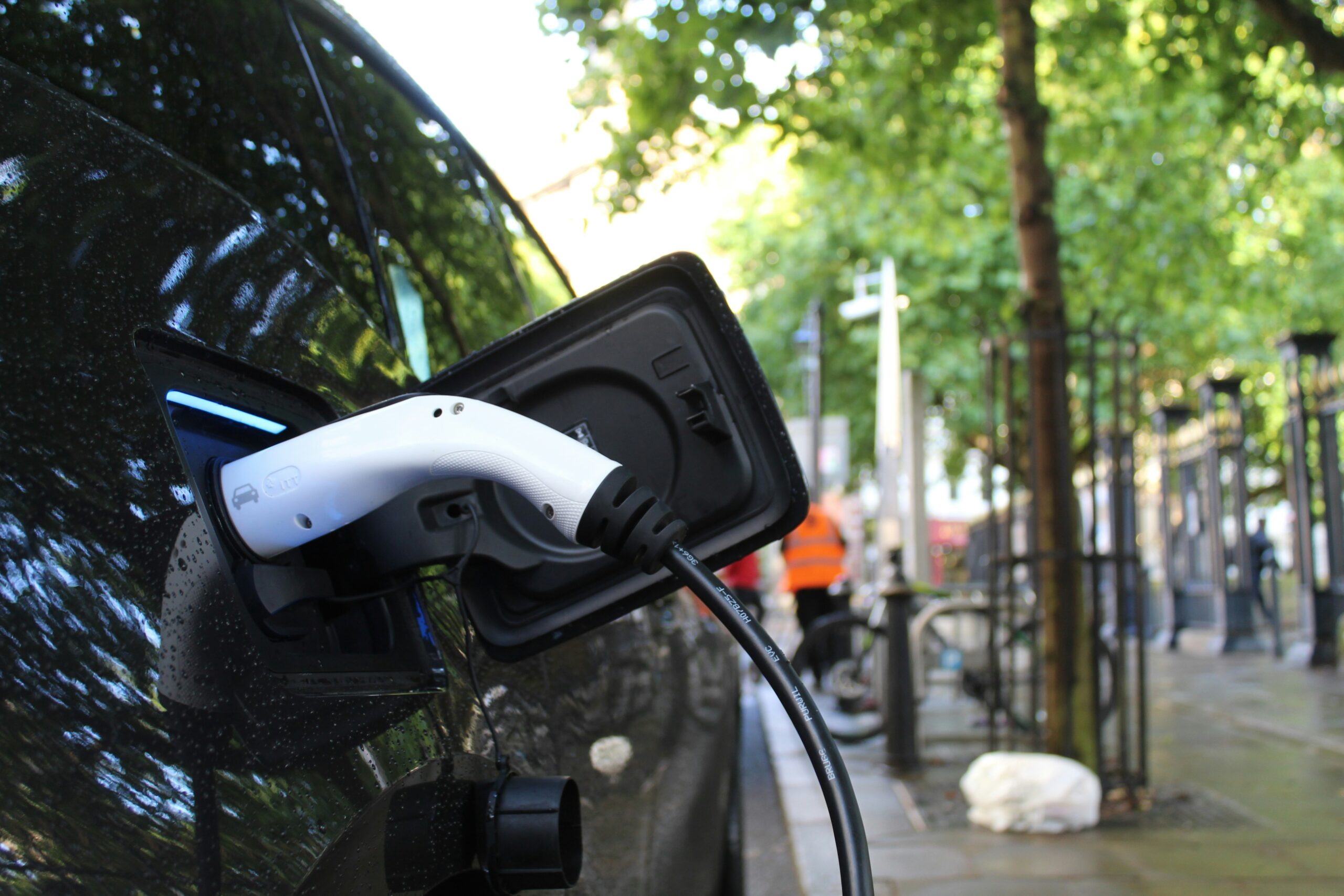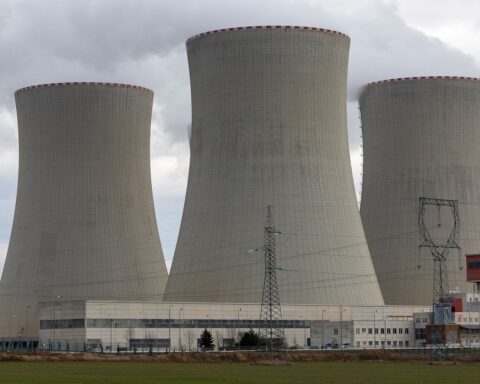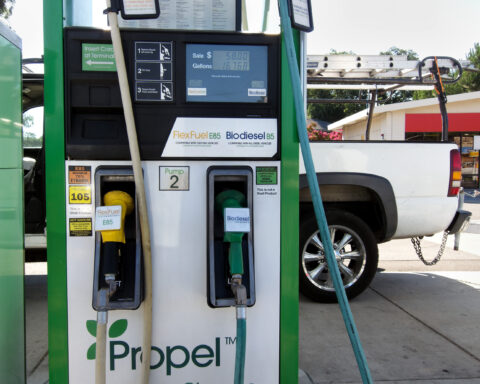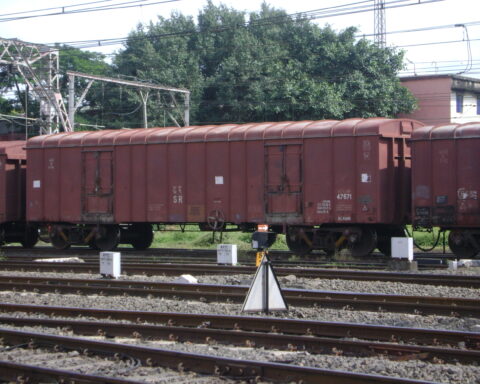The U.S. Department of Energy’s (DOE) Office of Manufacturing and Energy Supply Chains (MESC) has made $50 million available for six states with substantial automotive workforces. It is meant to assist small- and medium-size suppliers in adapting their manufacturing facilities for the electric vehicle (EV) supply chain, helping preserve jobs in traditional auto communities.
The funds come from the DOE’s $2 billion Domestic Automotive Manufacturing Conversion Grant program from the Inflation Reduction Act.
“America’s auto communities and the workforces they support finally have the tools they need to compete and thrive in the 21st century clean energy economy,” Energy Secretary Jennifer Granholm said. “By helping states and manufacturers navigate the emerging EV manufacturing industry, today’s announcements will help ensure the workforces that defined America’s auto sector for the last 100 years will have the opportunity to shape the next 100 years.”
The announcement follows an April Request for Information seeking feedback from all levels of government, as well as other stakeholders, on partnerships that could direct federal funding to automotive suppliers transitioning to serve electric, hybrid or fuel cell vehicle supply chains.
Eligible grantees were states and territories with a workforce of which at least 0.5% were employed in the automotive sector and qualified for at least $4 million in grant funding. Six states were determined to meet these criteria:
- Michigan: $18.4 million
- Ohio: $9.4 million
- Indiana: $8.8 million
- Kentucky: $4.9 million
- Tennessee: $4.5 million
- Illinois: $4 million
The deadline for these states to submit applications is Oct. 15.
The DOE also announced $1.5 million for three teams of technical-assistance providers with a new expansion of the Industrial Training and Assessment Center (ITAC) program. These teams, led by the Purdue University Manufacturing Extension Partnership, the Regents of the University of Michigan, and the Trustees of the University of Illinois, will collaborate with Argonne National Laboratory to develop a Small Supplier EV Transition Playbook. It is designed to assist internal-combustion engine suppliers in transitioning their business models to focus on the EV market or related sectors.
The ITAC program promotes a clean energy and manufacturing workforce that reflects the country’s diversity and supports a revitalized manufacturing sector ready to lead the global clean energy transition. The program offers assessments to small- and medium-sized manufacturing firms, identifying efficiency improvements that reduce costs for manufacturers while strengthening the nation’s manufacturing base.
Both programs also support the administration’s Justice40 Initiative, which seeks ensure 40% of specific federal investments in climate, clean energy, clean transportation and related areas are directed to disadvantaged communities that have been historically marginalized by underinvestment and disproportionately affected by pollution.
Photo by Andrew Roberts on Unsplash













